Safety & Seamanship
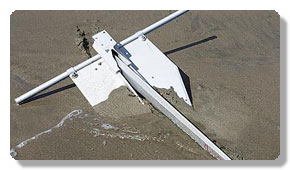
Always Anchor First & Anchoring Tips
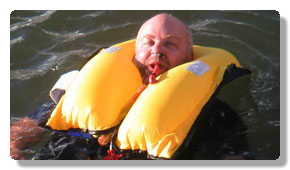
Lee Shores Present a Danger to Boaters
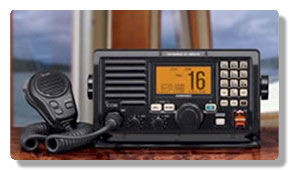
How to Call Safe/Sea for Assistance & Why You Need a VHF Radio
After last season, our busiest ever at Safe/Sea, with just under 1,100 calls for assistance, I thought that our caseload was about as high as it could get. But with over 4,300 members this year, and the forecast of a very warm summer, we may well top that. As calls for assistance increase, so do the use of cellular telephones but you still need a working VHF radio on board.
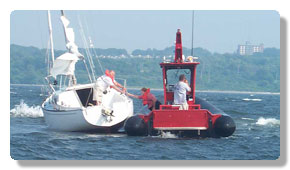
Lee Shores Present a Danger to Boaters
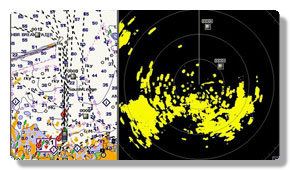
Navigating at Night Presents Unique Challenges
Night navigation requires skill and concentration and should not be taken lightly. Many things change on the water after daylight. While on your boat at night, your depth perception decreases and distances and sizes of shores and navigational aids can look different. Waves become harder to see and judge, and reflections in your boat's windshield can be confusing.
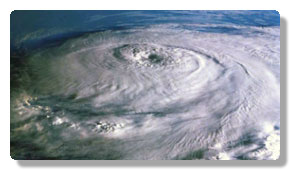
Preparing Your Vessel for an Approaching Hurricane
Planning for a hurricane may be one of the most stressful tasks a boater can face. We here at Safe/Sea thought it would be helpful if we came up with a hurricane preparation checklist to help equip boaters. As hurricanes are extremely unprediactable, there is not really a perfect plan, but taking some simple steps give you and your vessel better chances in overcoming the storm.
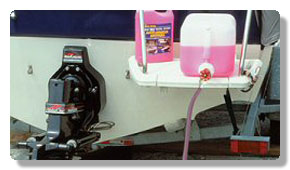
Winterizing Your Engine
Engines don’t like to be idle, even for three or four months during the winter. Aside from changing the oil regularly, winterizing your engine properly is one of the best ways to assure its mechanical well being.
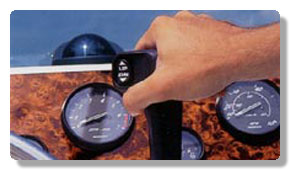
Navigating at Night Presents Unique Challenges
When docking and maneuvering powerboats, momentum is often times your worst enemy.
